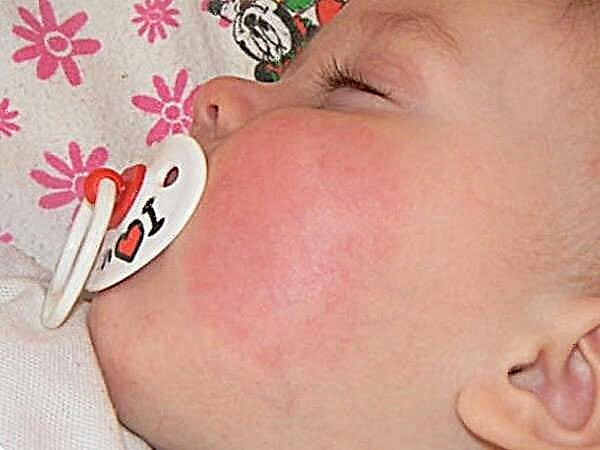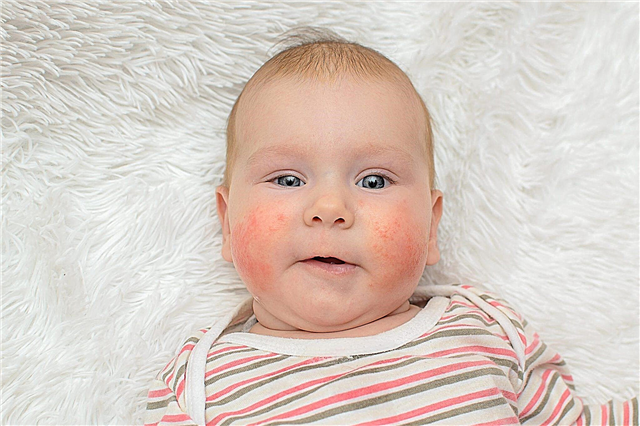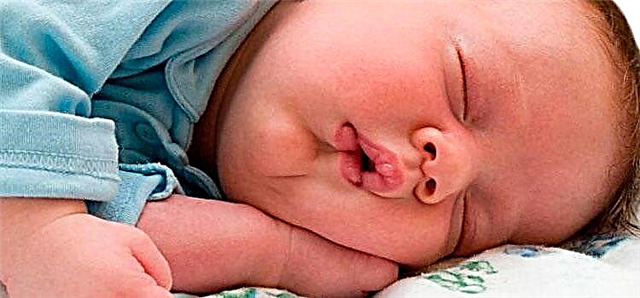Good reasons why a child may be hysterical. How to understand by the appearance of crying whether the child is in pain or wants to eat, is experiencing discomfort, fatigue, or is simply bored.
The baby goes into hysterics and cries so loudly that the neighbors below are already beginning to knock on the battery, and you yourself are ready to cry with him? Don't panic! Your toddler may have good reason to cry. In this article, we will tell you what happens to a crying baby and how to calm him down. The main thing is not to ignore the childish tantrum, whatever provokes it. Particularly close attention should be paid to babies under one year old: they do not speak yet, so only with the help of a cry can they "tell" their mother about what worries them. If you take a crying baby in your arms and comfort, you will not spoil him in the least.
1. The baby is in pain
 Babies often suffer from abdominal cramps, which are very painful. If this is the reason for children's hysteria, then the baby screams loudly and shrilly, blushes, pounds with his feet.
Babies often suffer from abdominal cramps, which are very painful. If this is the reason for children's hysteria, then the baby screams loudly and shrilly, blushes, pounds with his feet.
Perhaps the baby is in pain due to the fact that his teeth are teething - in this case, crying will be constant, "aching", while the child will pull everything into his mouth.
Sometimes babies develop otitis media as a complication of intrauterine infection. In this case, children cry shrilly, without stopping, and from time to time there are desperate cries.
Solution: observe the condition of the child, attach it to the breast, wash it off with warm water. If the crying gets louder, call an ambulance. Perhaps the child really needs the help of a doctor, but you yourself will not be able to diagnose it anyway.
2. He wants to eat
A common cause of childish tantrum is that the baby is hungry. Adults may think that the child should be full, because he ate only an hour ago. It is not for nothing that pediatricians recommend “feeding on demand”. Newborn babies may want to eat again even half an hour after eating.
If a child is really hungry, he does not just cry, but also opens his mouth and pulls his arms, as if looking for a breast.
All you need to do in this situation is to feed the baby, even if it seems to you that he is full.
3. He's overworked
 Adults often think that a baby simply cannot get tired (it would seem, well, why a newborn baby can get tired). However, newborn children are often overworked, because everything around them is new and unknown - people, sounds, movements. If the child is awake for only an hour, and has already begun to yawn, close his eyes, whimper, then cry loudly and monotonously, he is clearly tired.
Adults often think that a baby simply cannot get tired (it would seem, well, why a newborn baby can get tired). However, newborn children are often overworked, because everything around them is new and unknown - people, sounds, movements. If the child is awake for only an hour, and has already begun to yawn, close his eyes, whimper, then cry loudly and monotonously, he is clearly tired.
What needs to be done in such a situation: take the baby in your arms. The warmth of your body and the familiar heartbeat will remind the child of how he lived in his mother's belly, it will calm him down. Ventilate the room to let in fresh air - the baby will be able to breathe deeper, more oxygen will flow to the brain. If the TV is on, turn it off. Give your child some silence and sing a lullaby.
4. The child is bored
Also, ordinary boredom often becomes the cause of children's tears. By crying, the baby tries to tell the parents that he has become lonely, bored and sad, he is tired of just lying and looking at the wall or rattles. In such cases, crying is intermittent: the baby periodically calms down, as if waiting for the mother to come up now, and then again begins to "call her". If the child is not paid attention to for a long time, he begins to cry very loudly and continuously.
Calming the baby in this case is simple: take him in your arms and walk around the house, tell something, entertain.
5. He feels uncomfortable
If the baby lies in a wet or overflowing diaper, of course, he will start screaming, because he is uncomfortable. An uncomfortable seam on a vest, and an uncomfortable position in a crib or a stroller, even a crumb that gets under the clothes, which pricks delicate skin, can cause a child to become hysterical.
Solution: check if it's time to change the diaper, try to change the position - put the baby on the tummy, carry it vertically.
Anna Sergeevna Fedyaeva, a neonatologist, an employee of the department of pathology of newborns and premature babies at the Children's City Clinical Hospital No. 1 in Nizhny Novgorod, tells how to assess the causes of anxiety in a baby. When to see a doctor:



